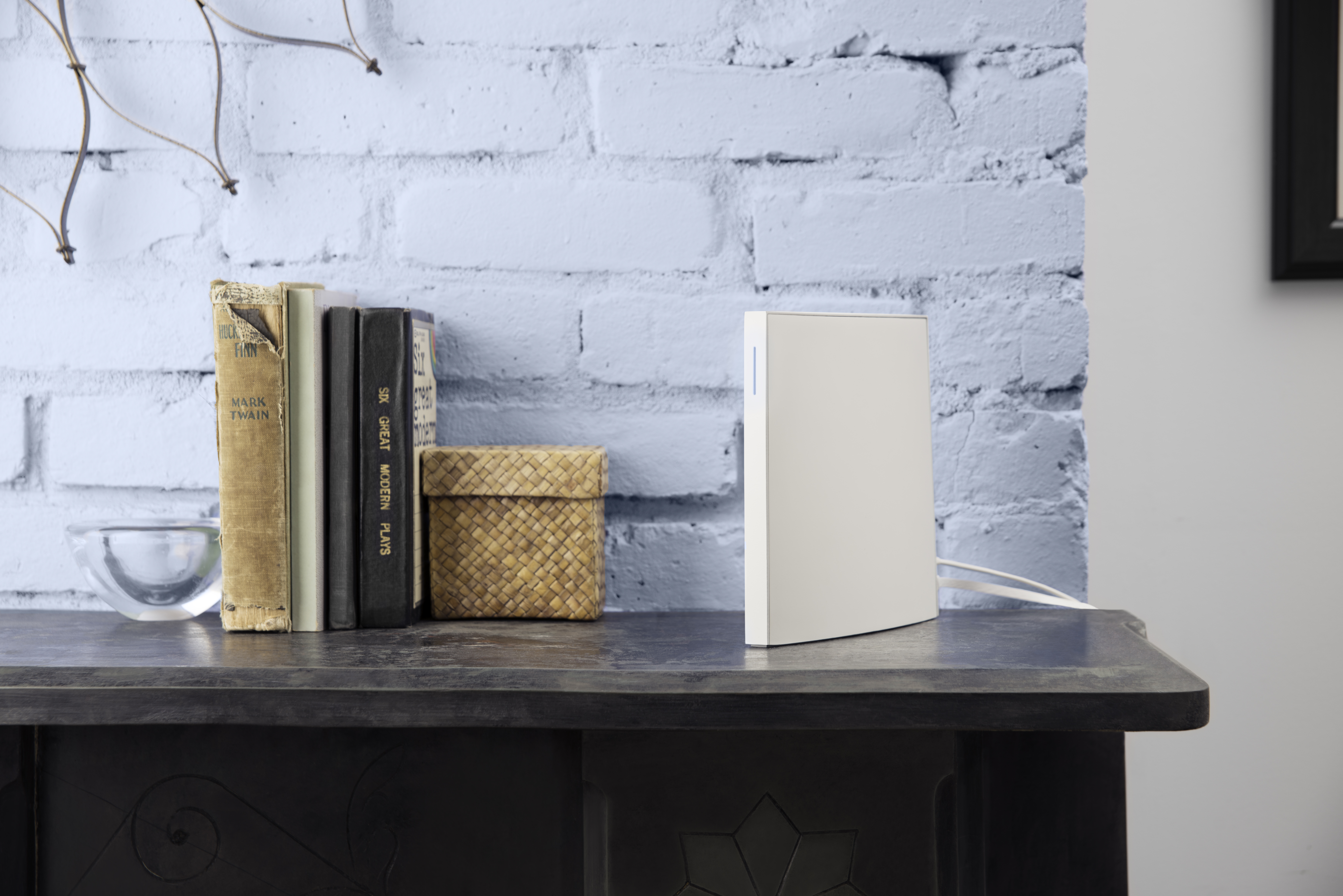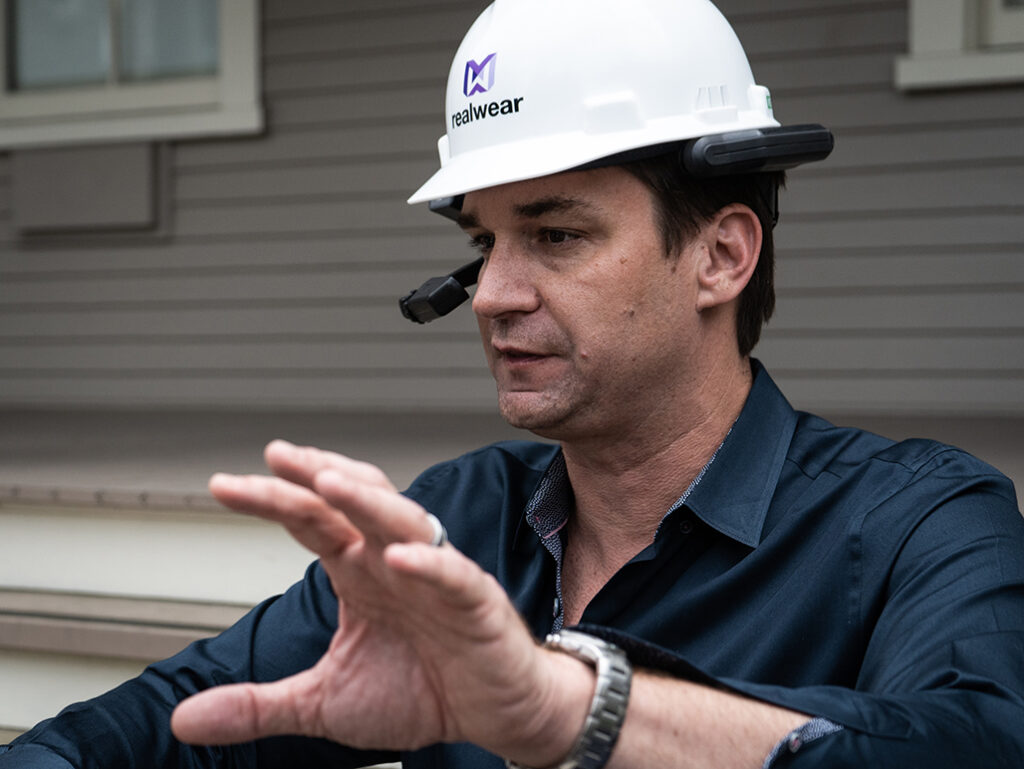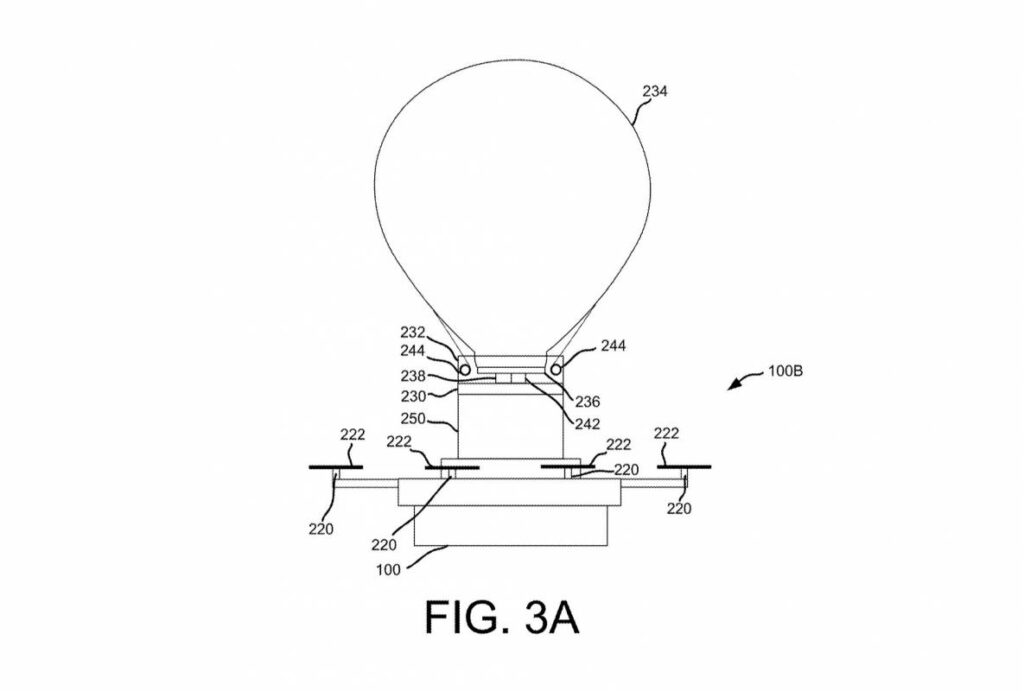This week’s show comes to y’all from Paris and the English seaside, with Kevin and I wondering exactly what happened to Wink. We also offer options for the few remaining holdouts on the platform. We then discuss Hive’s decision to pull back on smart home devices and its new smart thermostat (Hive plans to continue making smart energy devices). Then we focus on surveillance news starting with San Francisco’s Rule’s Committee broadening support for law enforcement agencies to access Ring camera data. Then we share how often police got access to Ring device footage without the owner’s permission. The Federal Trade Commission has a warning for companies that say they anonymize their data when in fact, they do not, and Home Assistant now has a program for formal integrations. We also share our perspectives on BMW charging a monthly fee for access to heated seats. We end by answering a listener question about network extenders.

Our guest this week is Pilgrim Beart, CEO of DevicePilot, which works with companies to provide service assurance for connected devices. We discuss what the heck service assurance actually is, as well as the challenges of the smart home. Beart was the former CEO of AlertMe, which provided the back end for Lowes’ Iris and the Hive smart home systems. He talks about how his companies both shifted from a focus on smart home devices to smart energy. Then we talk about why the energy market is so ripe for disruption from players willing to take advantage of embedded intelligence. We end with a discussion about the role of regulators in the connected energy markets and how they should approach the job. Enjoy the show.
Hosts: Stacey Higginbotham and Kevin Tofel
Guest: Pilgrim Beart, CEO of DevicePilot
Sponsors: InfluxData and Intent
- It’s time to dump Wink and here’s what to choose instead
- Police have gotten data from Ring 11 time in the last year without owner permission
- The FTC thinks your data anonymization claims are sus
- Why the smart home was destined to fail
- We need to think about resiliency when bringing smarts to the grid
Podcast: Play in new window | Download | Embed
Subscribe: RSS



